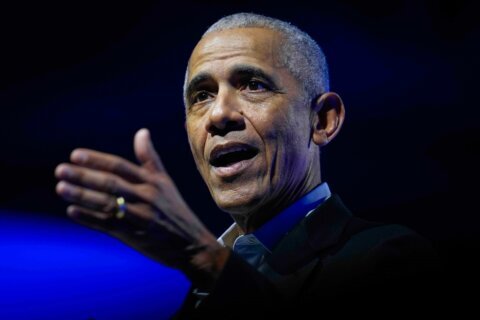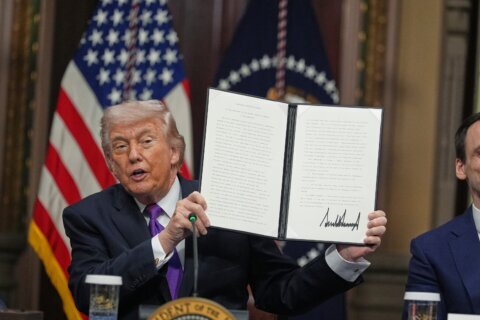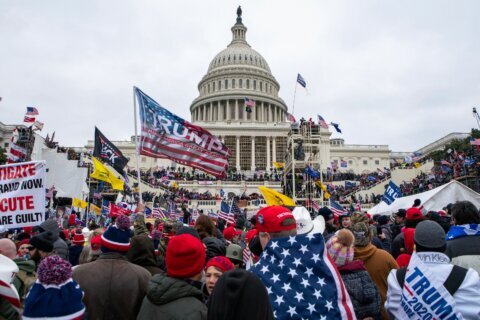There’s a behavioral economics term for those who are buying Powerball lottery tickets in hopes of winning an estimated $1.2 billion.
“It’s called ‘neglect of probability,'” says Jadrian Wooten, a collegiate associate professor at Virginia Tech’s Department of Economics. “Rather than not being able to accurately calculate the probability, you just completely ignore it.”
Does that improve one’s chances of winning the now second-largest jackpot in the game’s history? No. “You’re kind of just throwing money away,” he said.
So, why would someone buy a lottery ticket in the first place?
“Having fun is worth some value,” said Wooten. “So, you’re spending $2 at the chance of winning, and getting to kind of dream about ‘What would I do if I won the jackpot? Would I quit my job? Would I go on vacation? What kind of car would I drive?’ Essentially, you’re paying $2 to think about all those fun things.”
Wouldn’t it make more sense to just daydream about what life would be like after winning the jackpot without actually buying a ticket?
“If you didn’t pay that $2 for that lottery ticket, you could still think about it, but it wouldn’t feel as real,” said Wooten. “Like, as soon as we have that ticket, there’s actually a chance — although, of course, there really isn’t.”
The money spent on a Powerball ticket could be spent on other things.
“You can go get a cup of coffee, I guess,” said Wooten. “A personal finance person would tell you to invest that money, since you need to make sure you’re saving for retirement.”
The willingness to disregard probability isn’t limited to lottery tickets, Wooten said.
“We haven’t had a commercial plane crash in years, but there’s still this fear that it’s going to happen, and that changes our behavior,” said Wooten. In some cases a person might choose to drive, rather than fly.
“Realistically, driving is way riskier than flying, so they’re actually picking a riskier option than the actual safer option, and it’s because they kind of misperceived the risk,” he said.
Wooten writes a weekly newsletter called the Monday Morning Economist.
For the record, the odds of winning the jackpot are about one in 292 million.








